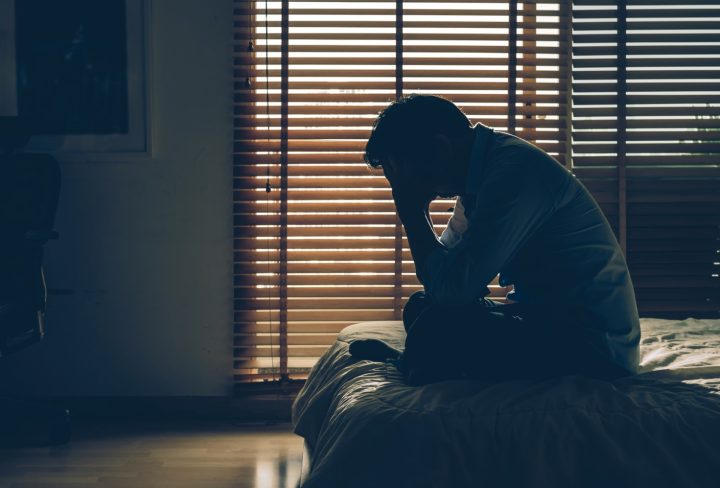Dementia is the loss of mental skills that affect your daily activities. It can cause problems with your memory, thought control, and judgment.
Your chances of having dementia increase as you get older.
What Are the Symptoms of Dementia?
Early symptoms may appear sometime before a diagnosis of dementia. These include:
- Memory Loss
- Difficulty Concentrating
- Difficulty in Carrying out Daily Tasks
- Struggling to Communicate or Find the Right Word
- Confused About Dates and Events
- Mood Changes
- Being Repetitive
No two persons with dementia will experience the same symptoms.
What are the Causes of Dementia?
Most Common Cause – Alzheimer’s Disease
Other causes:
- Conditions that damage brain cells
- Loss of blood flow or nerve damage in the brain
- Long-term alcohol or drug use
Dementia cannot be cured or prevented, but treatment may slow or reduce your symptoms.
What Increases Your Risk for Dementia?
- Family History
- Diabetes or Blood Pressure
- A Head Injury, Brain Tumor, or Stroke
- Toxins Such as Alcohol or Cigarette Smoke
- Lack of Activity or Exercise
- Infections
Dementia is not a natural part of aging, so it is important to talk to a general physician if you are worried about memory problems.
How Is Dementia Diagnosed?
Your doctor will ask about the cause of dementia by asking questions like medical history and performing imaging tests like:
- Medical History
- Mental Function Testing
- Memory Testing
- or CT (Computerized Tomography) scan
How is Dementia Treated?
Treatment of dementia depends on the underlying cause. Some medications can help protect the brain or manage symptoms such as anxiety or behavior changes.
- Dementia medicines – help to slow the decline in your memory
- Antipsychotics – to improve your behavior and control anger or violence.
- Antianxiety medicine – to reduce anxiety and keep you calm
- Antidepressants – to help improve your mood and reduce your symptoms of depression
The aim of treatment is to help you keep your current health for as long as possible.
Can dementia be prevented?
Dementia is hard to prevent because the cause is not known. Your overall health can benefit from these strategies and might help in preventing dementia:
- Stop Smoking
- Maintain healthy weight
- Exercise Regularly
- Consume healthy diet
- Manage health problems (diabetes, blood pressure, and cholesterol)
- Learn new hobbies (reading or solving puzzles)
- Stay involved in social activities (community activities or support groups)
Can Dementia Be Treated by Surgery?
- There is currently no cure for dementia.
- If brain tumors cause dementia, they can be treated with surgery.
- Medications can temporarily improve symptoms and functioning and may slow the progression of the disease.
Everyday Care for People with Dementia
People with dementia experience changes in thinking, remembering, and reasoning that affect daily routine and need help with everyday tasks.
- Try to stick to a schedule, such as taking a daily shower, getting dressed, and eating
- Help the person write appointments, to-do lists, and events in a notebook or calendar
- Plan activities the person enjoys and try to do them simultaneously each day
- Set reminders to help those who must take medications regularly
- Encourage a two-way conversation
- Provide proper nutrition
- Buy shower chairs at drug stores to prevent falls while bathing
- Be gentle and respectful
Dementia Vs Alzheimer’s disease
| Dementia | Alzheimer’s Disease |
| A brain related disorder caused by diseases and other conditions | A common type of dementia |
| Some forms are temporary, reversible and can be cured | Cannot be reversed or cured |
| Occur at any age | Occurs in older ages |
Myths and Facts of Dementia:
- Myth: Dementia only affects older people
Fact: Age is a risk factor for dementia but can affect younger adults also
Fact: Some forms of dementia do have a genetic component, but this is not true in all cases

